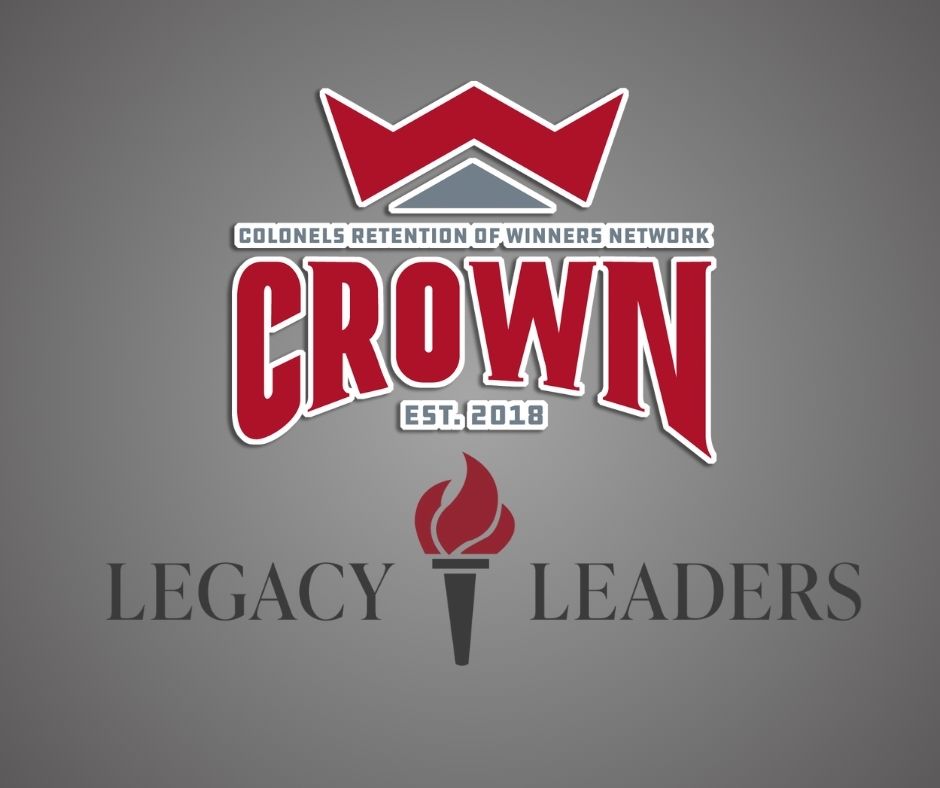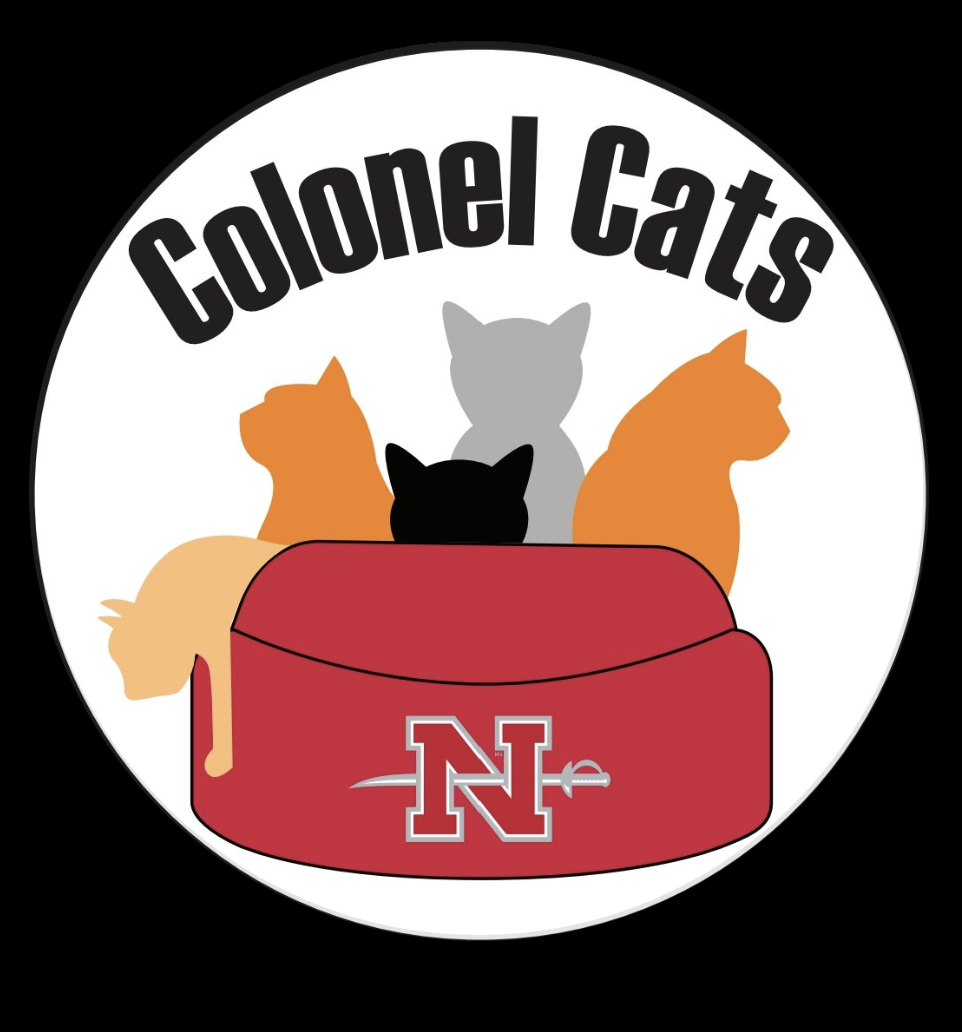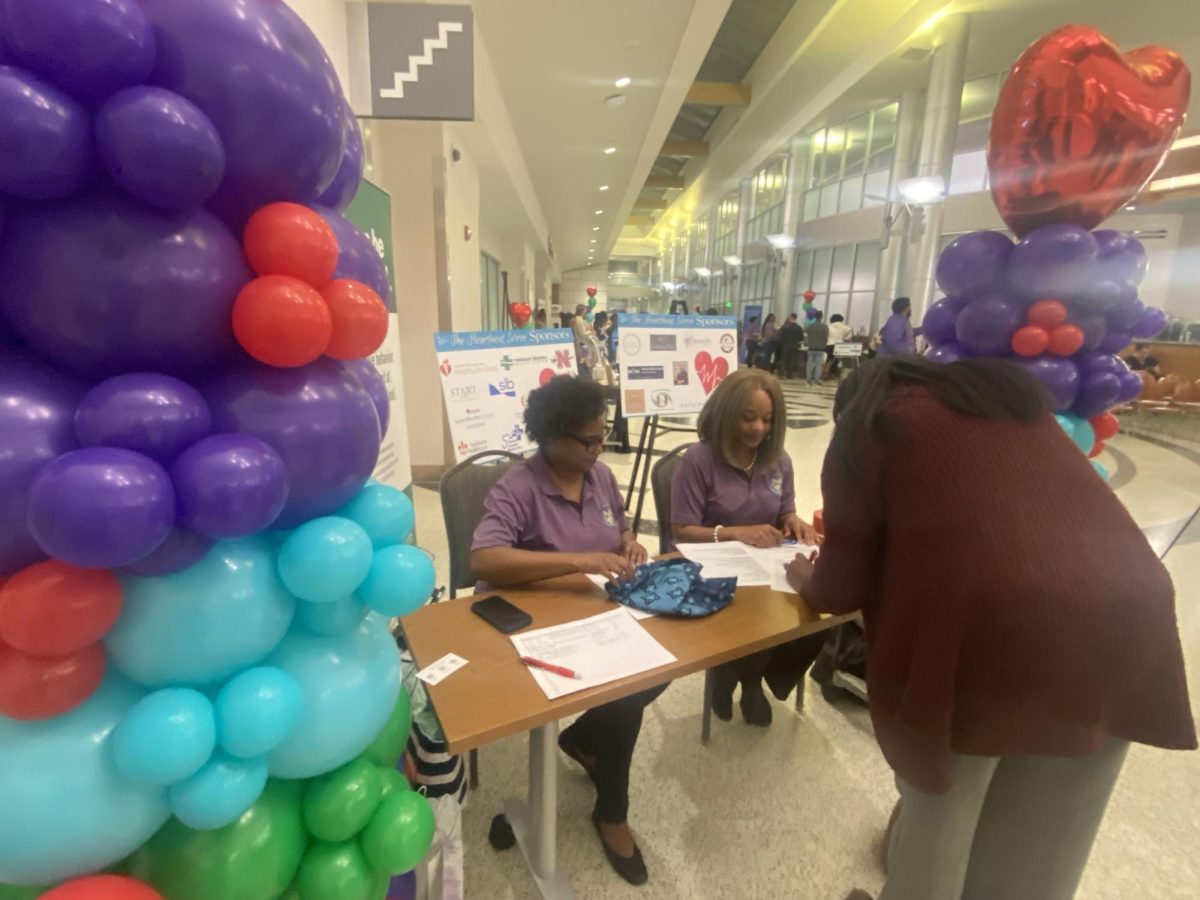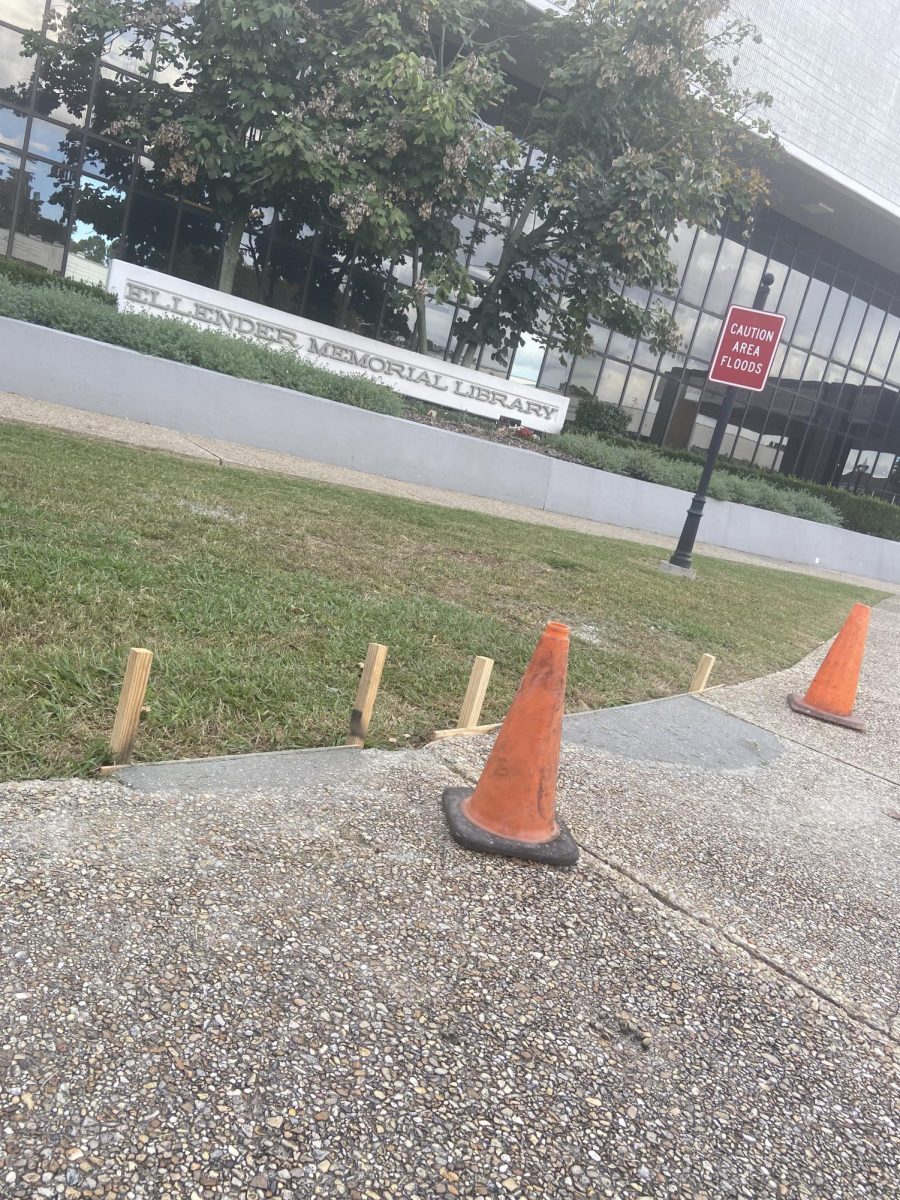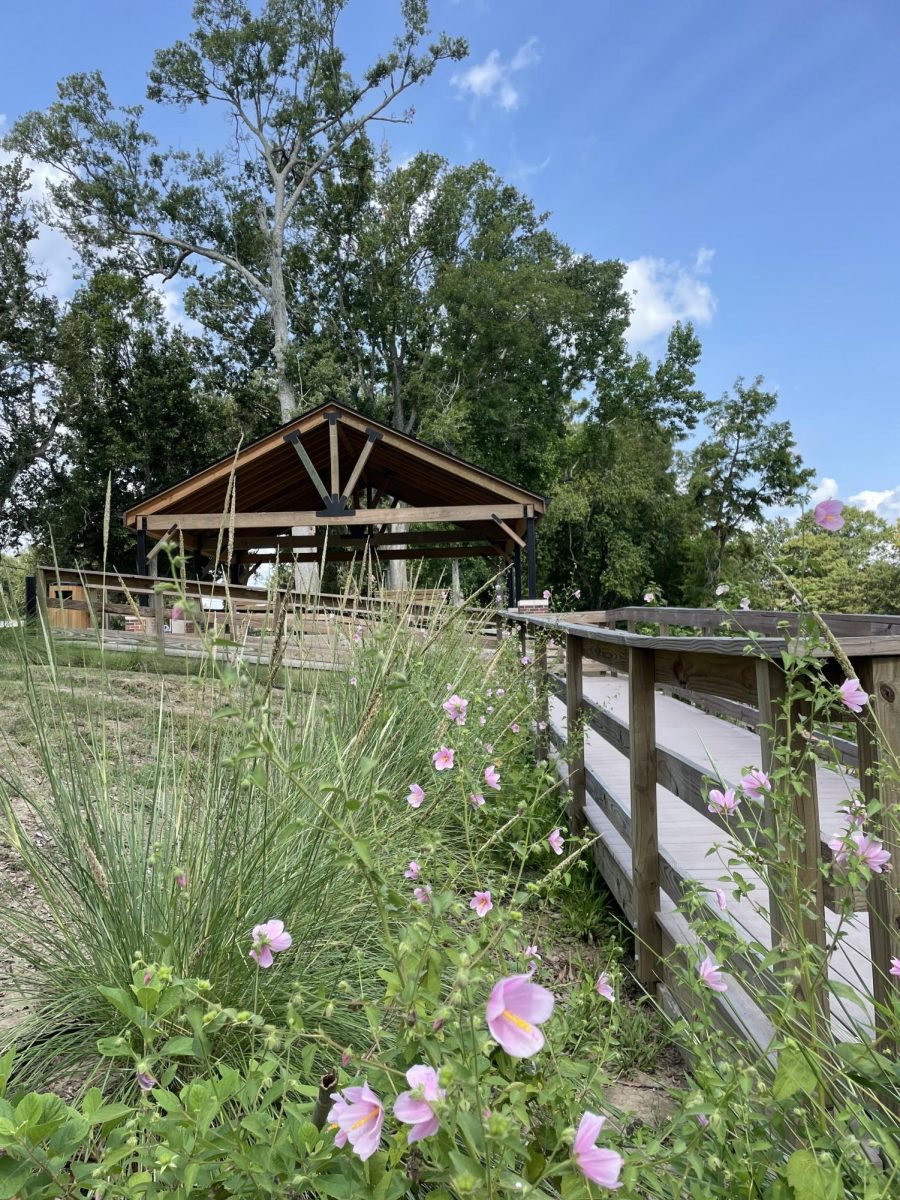While navigating through the maze that is Polk Hall, students may come across the small office of a particular psychology professor.
Although he began school in journalism, Rosenthal said that he decided to switch to psychology after receiving advice from a former teacher.
“She asked me what I was going to do with my life,” Rosenthal said. “I told her I was in journalism, but I really wanted to write a novel.”
The teacher told him that he would “have plenty of time to change (his) major,” which was her subtle way of telling him he should choose something different, Rosenthal said.
“At the time, it seemed harsh, but I’m glad I went into psychology.”
While at LSU, Rosenthal said that he took an occupational interest survey at freshman orientation.
“It doesn’t necessarily tell you what you’re going to be good at,” Rosenthal said. “It tells you what you will like to do.”
The five highest jobs of interest on his survey included clinical psychologist and psychology professor.
“I made the right choice, but I’m still enough of a ham that I wish I could write the great American novel,” Rosenthal said.
Rosenthal began teaching at Nicholls in 1988 and said that he started teaching when he was a graduate student at Louisiana State University. Before coming to Nicholls, he taught psychology courses at Southeastern Louisiana University, Louisiana Tech University and LSU.
“I never thought I would like it, but I really do,” he said.
Rosenthal received his undergraduate, master’s and doctorate at LSU, even though it was not recommended.
“What they want you to do is learn all you can from one school and then go somewhere else to learn some other stuff,” Rosenthal said.
After his job at Southeastern, Rosenthal said that Nicholls, fortunately, needed someone to teach psychology.
“I am very pleased that I am here,” he said. “Nicholls is a great school and a great home.”
After teaching his classes for the day, Rosenthal spends time in his office doing various things.
“People who are possibly interested in psychology come by as well as students who need advising,” he said. “Today, one of the students I’m supervising came by and needed some attention for his human subjects review paper.”
One of the things that psychology students are required to do is a senior project.
“Before they get into their capstone course, they have to learn about what psychology is,” Rosenthal said. “The next thing they do is learn how psychologists gather their data, then they learn the facts about what we know.”
In the capstone course, students put everything they learned in their senior project.
“In essence, they are doing their own research while being mentored by a professor,” he said. “They basically find stuff that may or may not even be in literature yet. It is good practice for when they go to graduate school.”
Rosenthal said that Nicholls has a very high number of undergraduates that get into graduate study.
“While you can do a whole bunch of stuff with an undergraduate degree, a lot of people want to be clinical psychologists, counseling psychologists and industrial organization psychologists,” he said. “In order to do that, you have to have at least a master’s degree.”
Besides helping and advising students, Rosenthal also likes to do research on weekends or on days when other people are not around.
“I really enjoy doing that,” he said. “The last thing I thought I would enjoy when going for my degree was research. It is neat to find some stuff out.”
Rosenthal said that he is very enthusiastic about a questionnaire that he gave students regarding their opinions on how Nicholls handled the hurricanes from a few years ago.
“I presented that about a year or two ago, and I need to see about writing it up for publication, which is an important thing to do,” Rosenthal said.
Rosenthal’s degree is in general experimental psychology, which is a teaching research degree.
“Most people that go into psychology want to be a clinical or counseling psychologist to help people with their problems,” he said. “I was trained in different areas so I could do research in different areas.”
Rosenthal said he planned to teach more than research because he was not very research minded when he got out of school.
“I was just really lucky,” he said. “My first job was at Louisiana Tech, and I met a guy who sort of turned me on to research. He taught me that research doesn’t have to be painful.”
Rosenthal has several things that he likes to do when he is not at work.
“I read a lot of psychology textbooks,” he said. “I used to be into TV, but not quite as much. I watched a lot of the history channel, but my biggest hobby is movie watching and reading.”
Rosenthal said that his favorite part about teaching is obviously the students.
“I get to act to a captured audience,” he said. “When the students really seem to be getting what I’m preaching, I am really, really happy.”
Rosenthal said that the joy of teaching is not limited to the classroom.
“I’ve had people come up to me in the mall and say, ‘Dr. Rosenthal, you talked about this in your class,'” he said. “I’ve had people come up to me and say, ‘you’ve talked about if we are having problems, we should see a therapist, and I want you to know that I did, and it changed my life.’ This is a wonderful way to make a living.”



